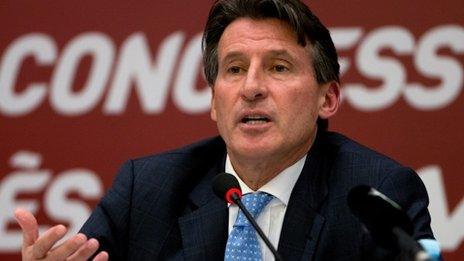Athletics doping: Kremlin says claims are 'groundless'
- Published
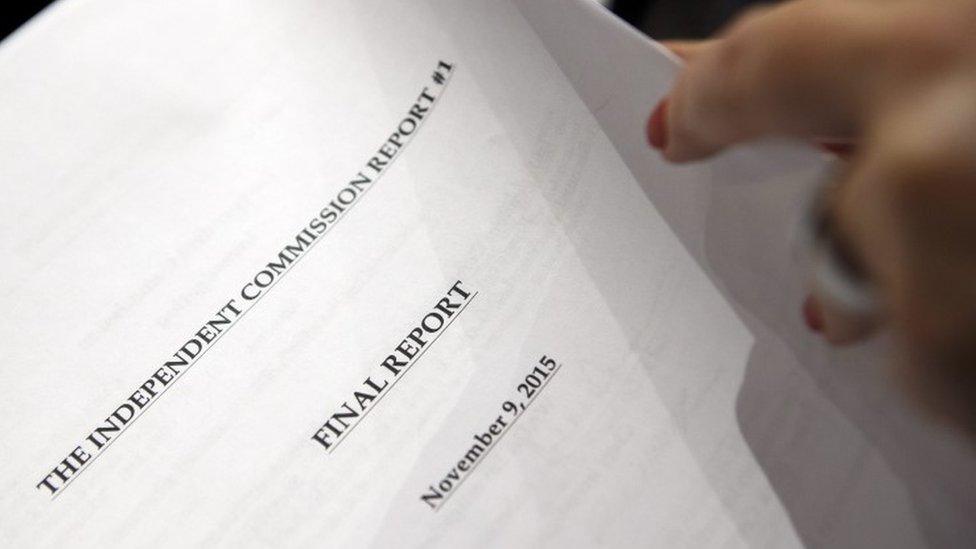
The commission said state-sponsored Russian doping "sabotaged" the London 2012 Olympics
The Kremlin has dismissed accusations of widespread state-sponsored doping among its athletes as "groundless".
Spokesman Dmitry Peskov said there was no evidence for the claims.
The acting head of the Russian Athletics Federation, Vadim Zelichenok, said there were few "fresh facts" in the report and past problems with doping had been tackled.
The report depicted a culture of systematic cheating - with even the secret services involved.
It said neither the All-Russia Athletics Federation (Araf), the Russian anti-doping agency (Rusada), nor the Russian Athletics Federation were complying with anti-doping procedures.
The report - by an independent commission for the World Anti-Doping Agency (Wada) - sent shockwaves through the world of sport.
Australia and the UK have backed its call to ban Russia from all competitions including next year's Olympics in Rio de Janeiro.
The head of world athletics, Lord Coe, has given Araf until the end of the week to respond to the claims.
Wada has suspended the accreditation of a Moscow laboratory, external where samples were sent for testing, with work there now said to have ceased.
Wada commission recommends Russia ban
'No interference'
Russian reaction has ranged from outrage to a more conciliatory tone.
"If accusations are being voiced, they should be supported by evidence," Kremlin spokesman Mr Peskov told reporters.
"As long as evidence is not provided, it is difficult to accept accusations. They are groundless," he said.

'Black Monday' for Russian athletics, by BBC Monitoring
While reaction in the Russian media has been somewhat muted - just one mainstream daily carried the doping claims on its front page - others have used the story to criticise both Wada and the Russian state.
The Sport Express, external calls the episode "Black Monday", with Gazeta.ru, external agreeing, describing it as "a heavy blow for Russian sport".
Sovetsky Sport, external, blames the government for the situation: "Who spent money on professional light athletes and their brazenly maligned federation? The state."
But the government-owned daily Rossiyskaya Gazeta, external warns against jumping to conclusions.
"If the suspects haven't been proven guilty, why rush to demand that those who are possibly guilty be punished by the IAAF Council?"

Sports minister Vitaly Mutko has strongly denied that Araf destroyed hundreds of doping samples illicitly at the body's accredited laboratory in Moscow - insisting it had done so only at Wada's request.
Mr Zelichenok admitted that doping had been a problem, but told the BBC: "There is no corruption now. I can lay my hand on the Bible."
Rusada's executive director, Nikita Kamaev, told reporters his organisation had been compliant with Wada standards.
Nikita Kamaev, Russian anti-doping agency: "Some of the conclusions are... possibly politicised"
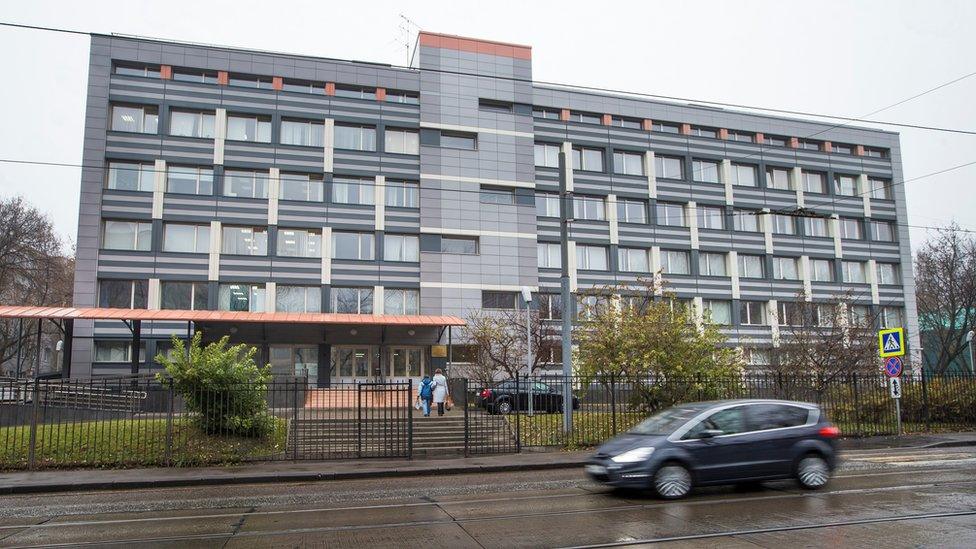
Wada has withdrawn accreditation from the Moscow laboratory where samples were sent for testing - and where, the report says, hundreds of samples were illicitly destroyed
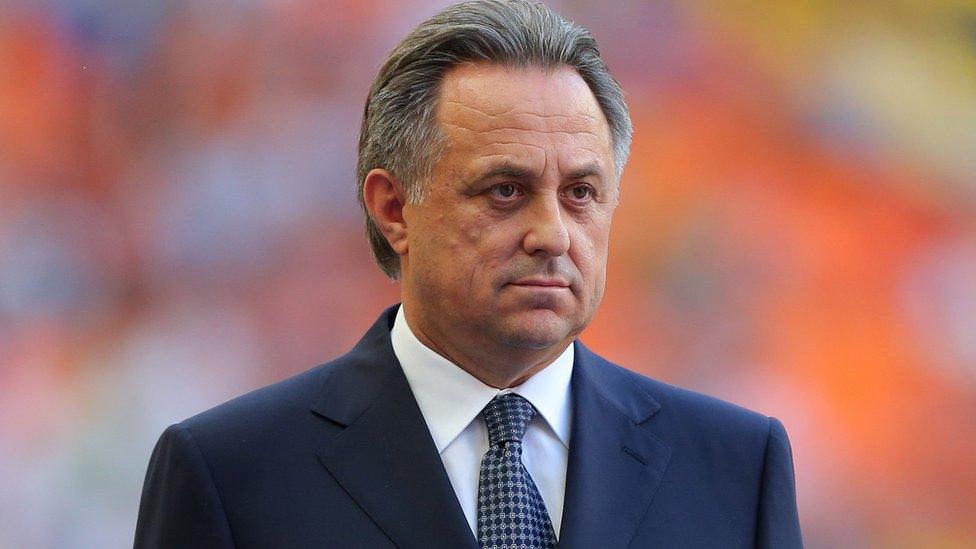
But Sports Minister Vitaly Mutko insists samples were destroyed at Wada's request
Meanwhile, a statement from the sports ministry said it was open to co-operating more closely with Wada and insisted the country was "fully committed to the fight against doping in sport".
It said Wada's work would help Russia "to perfect its anti-doping system".
The ministry said it was "not surprised by most of the points in the report" and was "fully aware of the problems in" Araf and had already taken steps to address them, with new management and new chief trainer.
But, it insisted, "we do not interfere in [national anti-doping agency] Rusada and anti-doping laboratory work".
The sports ministry also suggested that other anti-doping organisations, "including international ones", should also be subjected to scrutiny to check for violations.a would be a huge blow.
Russian doping 'worse than thought'
Wada's independent commission, external examined allegations of doping, cover-ups, and extortion in Russian athletics, which also implicated the IAAF, the sport's world governing body.
It says London 2012 was "sabotaged" by "widespread inaction" against athletes with suspicious doping profiles.
The report recommended that five athletes and five coaches should be given lifetime doping bans.
The international police body Interpol says it will be co-ordinating a global investigation into the suspected corruption and doping.
- Attribution
- Published9 November 2015
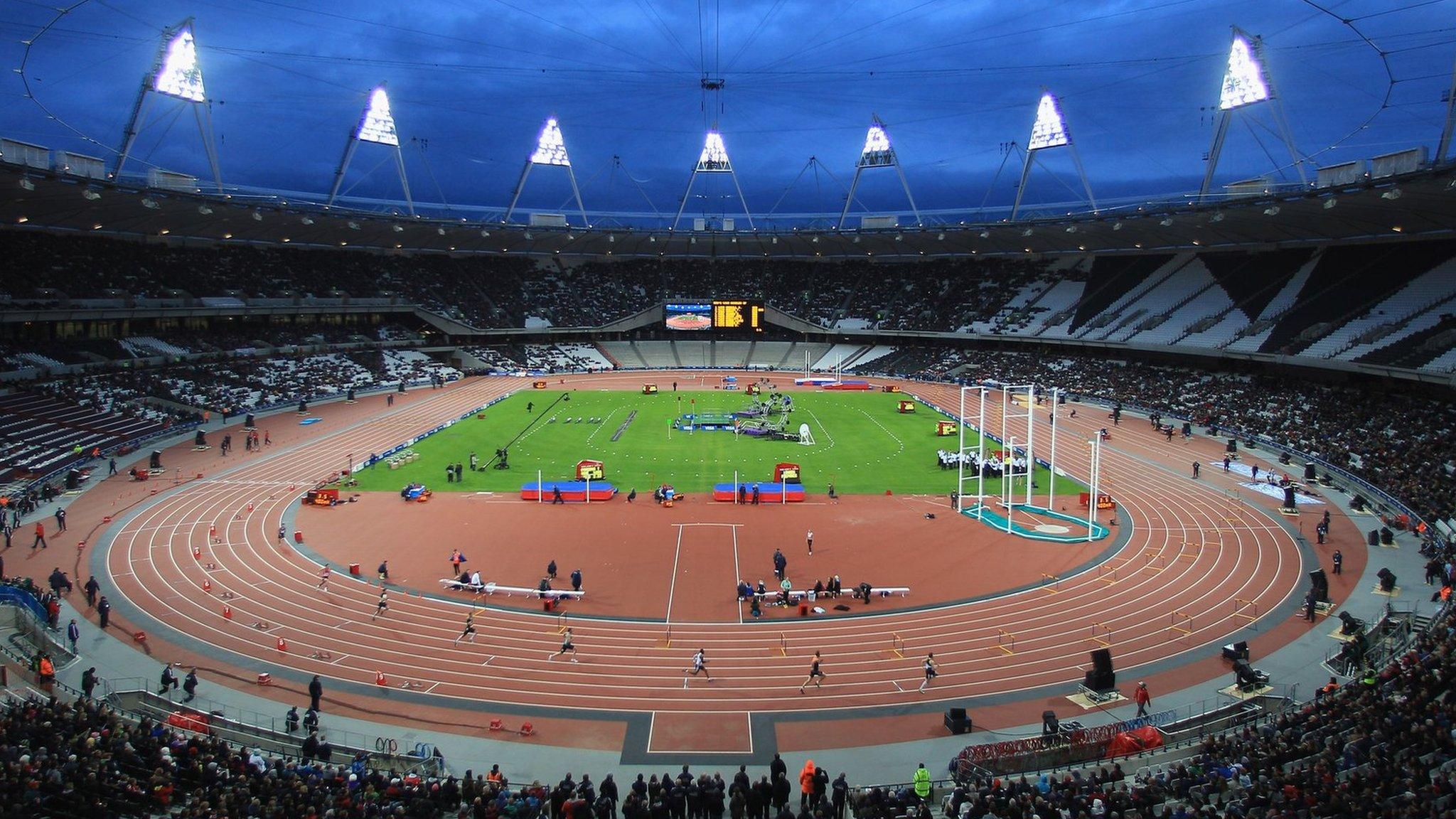
- Published9 November 2015
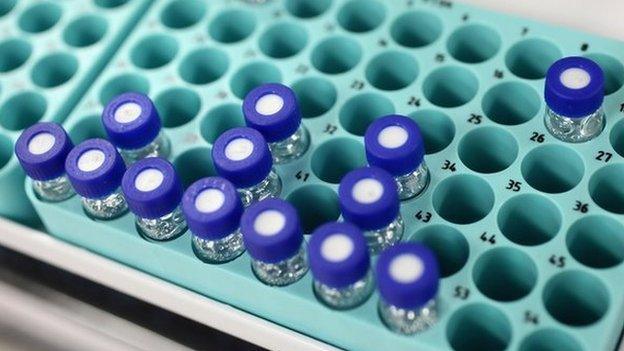
- Attribution
- Published8 November 2015
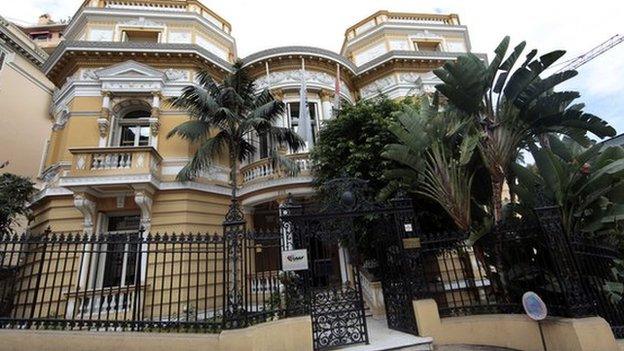
- Attribution
- Published7 November 2015
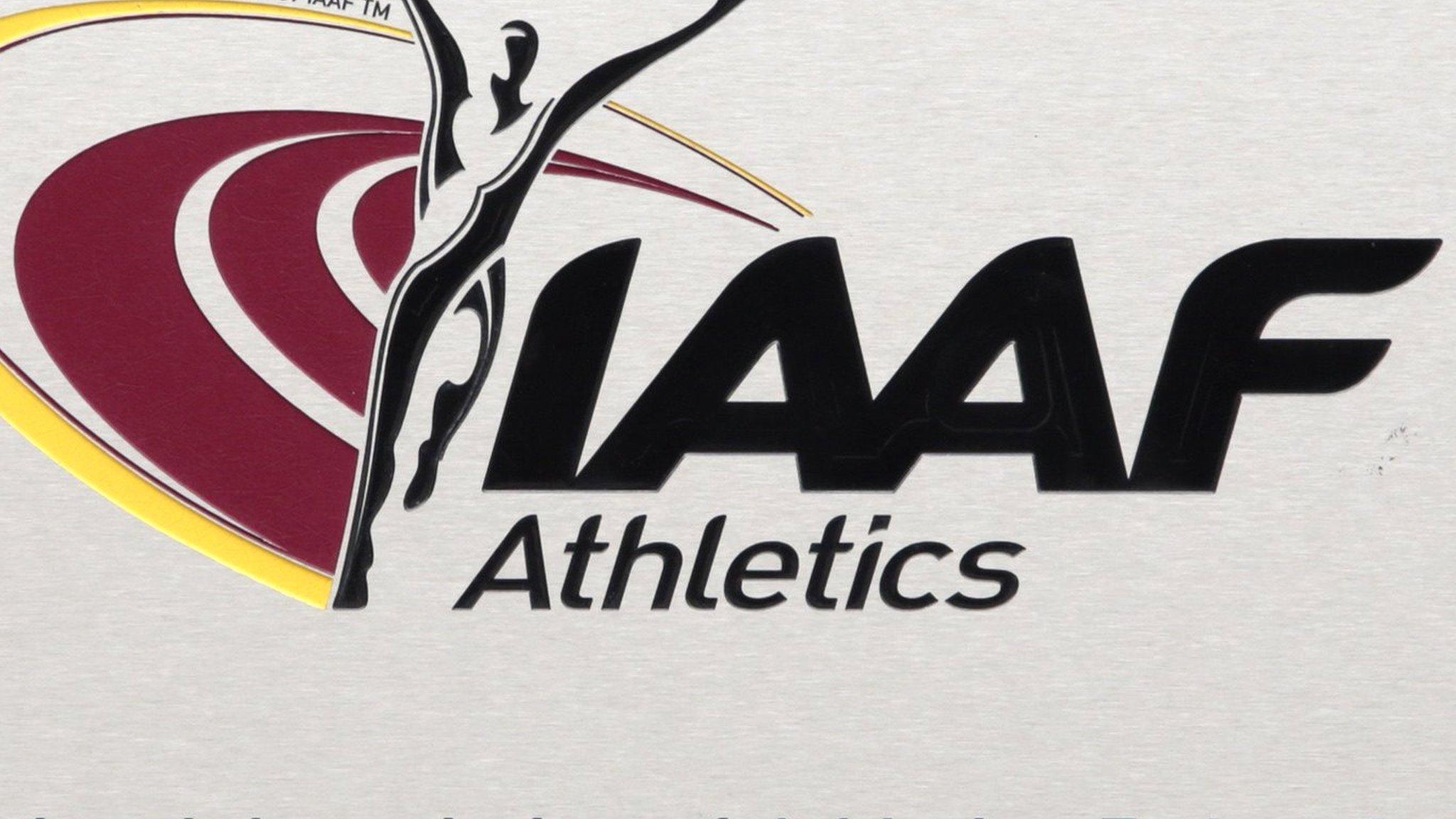
- Attribution
- Published6 November 2015
